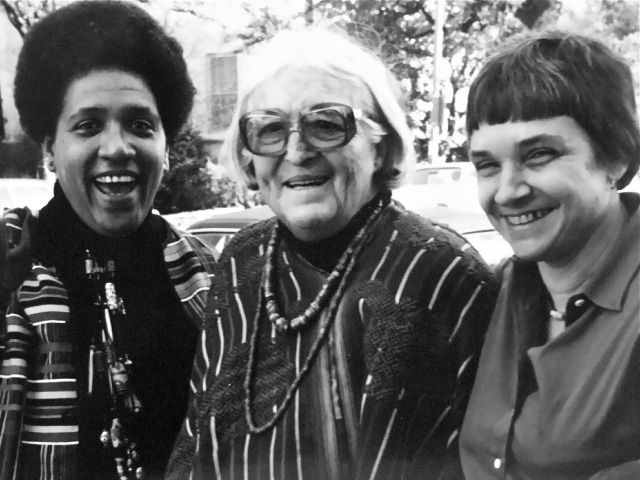What follows is being cross-posted from The Guardian. Please click *here* to see the article in its original location.
Aung San Suu Kyi hails 'new era' for Burma after landslide victory
Thousands celebrate historic byelection victory as the National League for Democracy wins 40 out of 45 open seats
Aung San Suu Kyi has hailed "the beginning of a new era" in Burma's politics after the country's Election Commission confirmed that her party had won a spectacular 40 out of 45 parliamentary seats in Sunday's historic byelection.
The confirmation was announced late on Monday on state TV and was three fewer seats than Suu Kyi's party had earlier claimed, but is a stunning victory nonetheless.
Speaking to thousands of red-clad supporters outside the headquarters of her opposition party, the National League for Democracy (NLD), the Nobel laureate called the election "a triumph of the people" and said: "We hope this will be the beginning of a new era."
Traffic slowed to a crawl as throngs of people, many of them waving flags and clutching red and white roses, spilled into the street to cheer, clap and call out "Amay Suu" (Mother Suu) as her motorcade arrived. At least one person was trampled underfoot when bodyguards pushed back the crowds and people swarmed to the car to see the woman who spent almost 22 years under house arrest and who many hope will create a new future for Burma's 60 million people.
Aung San Suu Kyi spoke briefly in both Burmese and English to loud applause and cheers from the crowd.
"What is important is not how many seats we may have won, but that … the people participated in the democratic process," she said to great applause, before adding: "We invite all parties who wish to bring peace and prosperity to our country [to work together]."
Aung San Suu Kyi said the NLD would be filing complaints about the "rampant irregularities" that her party says took place in Sunday's election, and that only a proper investigation would ensure the democratic process.
The NLD contested 44 of 45 open seats in Burma's 664-seat parliament, a quarter of which are reserved for the military, which ruled the nation for nearly half a century. In 2010 a partially civilian government, led by president Thein Sein, took power and has since introduced a series of reforms – from the easing of censorship laws to the release of many political prisoners – that are slowly opening up Burma to the outside world.
Aung San Suu Kyi will soon trade her lakeside villa in Rangoon for a seat in the lower house of parliament in the capital, Naypyidaw, where the NLD will be a minority in Burma's national legislature. That, however, is a small point to most Burmese, who consider Sunday's vote a landmark election that will forever change the course of the country's history.
"Look at us – we are so happy, it's like we've each been released from prison," said warehouse manager Myint Ng Than, 61, as men around him danced outside the NLD headquarters and sang along to a Johnny Cash-inspired anthem calling for the end of "sham democracy" . "We have freedom now. Amay Suu will save us."
Exiled opposition leader Nyo Myint called the victory a "very exciting moment" for Burma and the "sign of people power in the [country's] political development".
He warned, however, that there may be a backlash from the military and its government supporters in parliament, who comprise the significant majority of the non-military reserved seats.
"This is a very scary moment for the current ruling hardliners – this is not the way they wanted to see things go," he said.
"They felt that they could win seats with the USDP [Union Solidarity and Development party] and maybe at this point they will challenge the election results … and persuade the military personnel to defend the current ruling privileges."
Aung San Suu Kyi has acknowledged the threat of such a backlash, particularly as her first priority upon taking office will be to implement constitutional reforms – among them scrapping the requirement that the military must fill a quarter of all parliamentary seats. She told a news conference last week that the military must remember that "the future of this country is their future, and that reform in this country means reform for them as well".
Such notions look unlikely to go down smoothly, at least in the near future, as the armed forces chief, General Min Aung Hlaing, vowed last week that the military would "abide and safeguard the national constitution" which promises a "political leadership role" to the army.
• Esmer Golluoglu is a pseudonym for a journalist working in Rangoon

